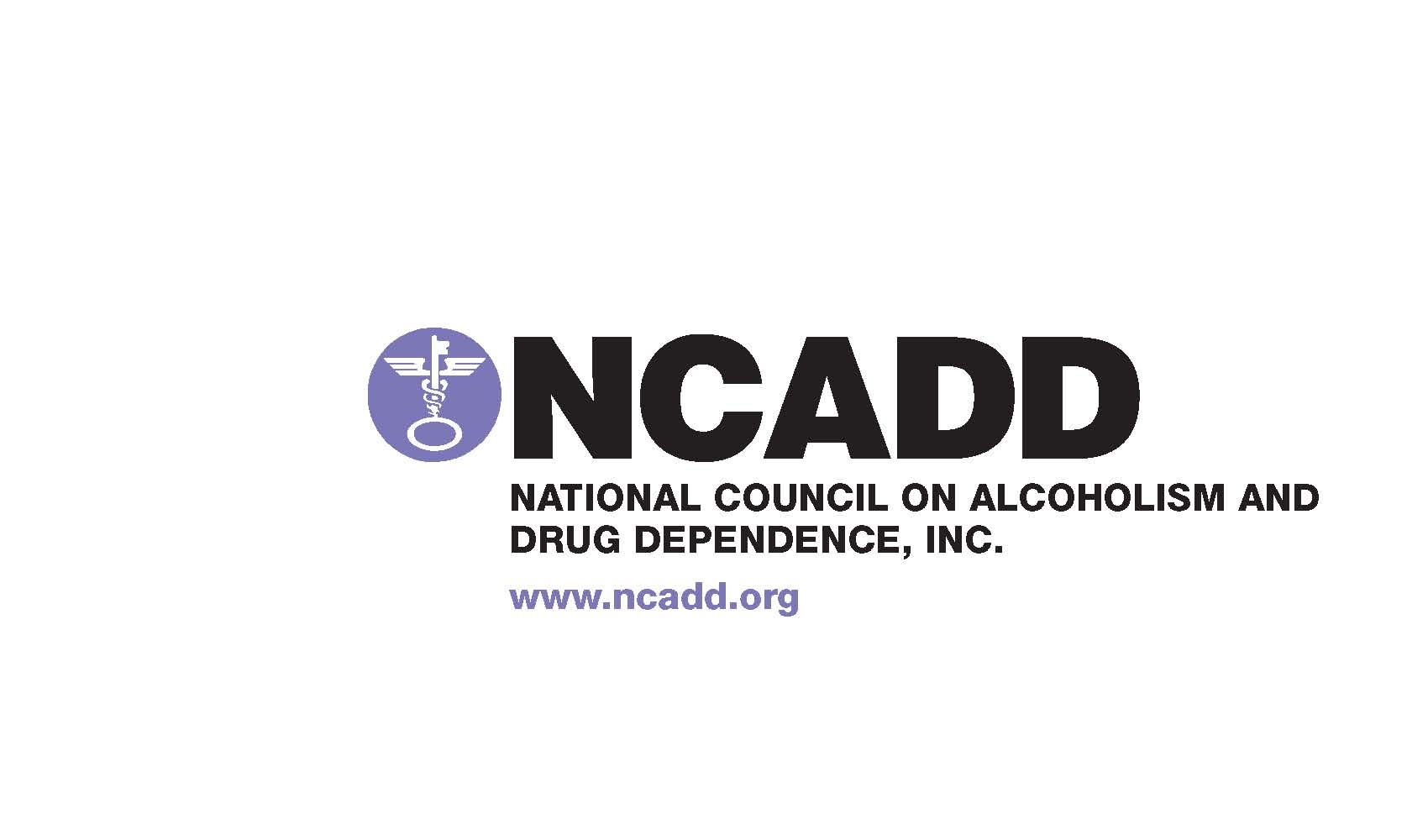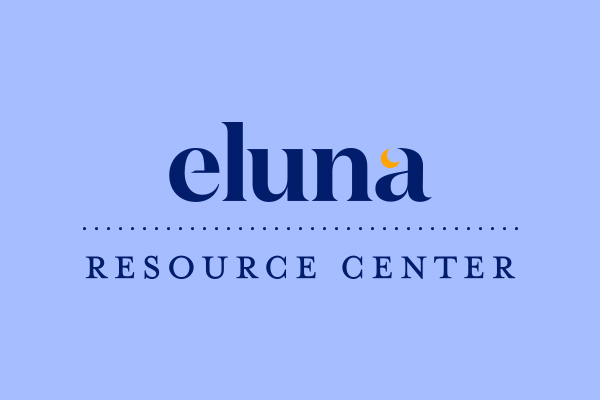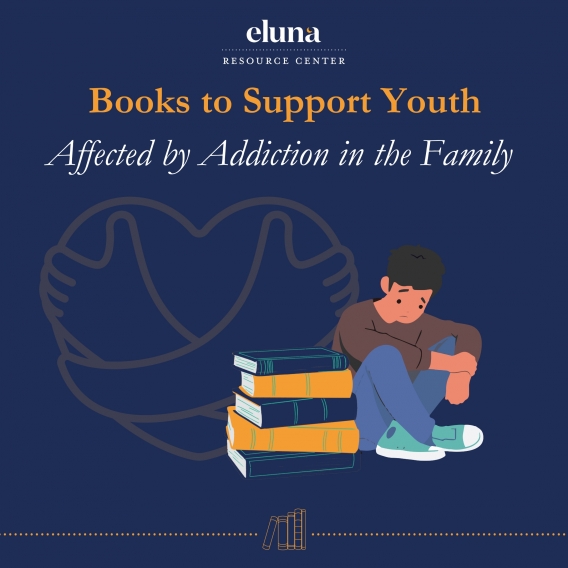Listening and Talking with Kids about Addiction
 Click here for the article in Spanish
Click here for the article in Spanish
Unfortunately, no matter what you do to help your kids grow up alcohol and drug-free and avoid getting into trouble with alcohol or drugs, one day you may find that your son or daughter is in trouble.
Maybe you found alcohol or drugs in the car, in their bedroom or some evidence of drugs in their clothes when you are doing laundry. Maybe you got a phone call from another parent, from school or even from one of their friends. Maybe you haven’t found anything but you have seen the changes. Or, maybe you overheard a conversation, saw an e-mail or text message.
As kids get older and alcohol and drugs enter the picture, parents are faced with a unique set of challenges. It’s not helpful to simply sit back and hope that our kids will “get through it.” As parents, we need to take an active role in learning about alcohol and drugs and in helping our kids to do the same.
Parents Play a Key Role:
It is important to know that parents play a significant role in preventing and dealing with alcohol and drugs. Fostering healthy and responsible attitudes, talking openly and honestly, encouraging supportive relationships, fostering the development of positive interests and showing children that their opinions and decisions matter, are all ways to help prevent the use of alcohol and drugs.
In fact, research has shown that kids who have conversations with their parents and learn a lot about the dangers of alcohol and drug use are 50% less likely to use alcohol and drugs than those who don’t have such conversations.
It can be challenging to develop the communication skills needed to talk with your children about drinking and drugs, but it will be well worth the effort you put into it, as you get to know your children a little better and help them build the coping skills they need to handle the anger, stress, peer pressure, loneliness and disappointment that are part of being an adolescent.
Teachable Moments:
As a parent you can be a primary source of positive and reliable information. Taking advantage of “teachable moments” when alcohol or drug issues come up so you can have a frank conversation with them is important. It’s not about “the big talk,” it’s about being there for them when the issues come up on TV, at the movies, on the radio, news events about celebrities or sports figures, about their friends or in conversation. Don’t miss your opportunity to teach your kids. If you do, they will get their information about alcohol and drugs from friends and acquaintances, the media, the internet or other sources that not only misrepresent the potential negative impact of alcohol and drugs but, actually glorify using alcohol and drugs!
It’s Never Too Young To Start:
You have more influence over your kids’ attitudes and decisions about alcohol and drugs before they start, than you do afterwards. Start early! Children go through many different stages as they grow up and what’s appropriate to tell an 18-year-old and a 9-year-old about alcohol and drugs can vary quite a bit. Yet, it’s never too early to begin the conversation. The more informed children are, the more these issues can be discussed as “matter of fact” issues, the better off they’ll be.
Here are some basic Guidelines to assist you:
- Listen Before You Talk — Encourage Conversation: As parents we want to have “all the answers.” And, sometimes we are so anxious to share our wisdom or our opinion that we don’t take the time to listen. For kids, knowing that we are really listening is the most important thing we can do to help.
- Talk to Your Child and Ask Open Ended Questions: Talk to your child regularly – about their feelings, their friends, their activities – and listen to what they have to say. As much as you can, and sometimes it’s not easy, try to avoid questions that have a simple “yes” or “no” answer.
- Be Involved: Be involved in your child’s everyday world. Get to know your child’s friends and continue to educate your child about the importance of maintaining good health – psychological, emotional and physical.
- Set Expectations, Limits and Consequences: Make it clear that you do not want your child drinking alcohol or using drugs and that you trust them not to. Talk about possible consequences of drug and alcohol use, both legal and medical, and be clear about what you will do if the rules are broken.
- Be Honest and Open: Care about what your child is going through as they face and make decisions that will affect their lives now and for the future.
- Be Positive: Many parents have discovered that talking about alcohol and drugs with their children has built bridges rather than walls between them and have proudly watched those children learn to make healthy, mature decisions on their own.
- Family History: Both research and personal experience have clearly documented that addiction to alcohol and other drugs is a chronic, progressive disease that can be linked to family history and genetics. So, if you have a family history of problems with alcohol or drugs, be matter of fact about it, as you would any other chronic disease, such as heart disease, diabetes or cancer.
Visit NCAAD for More Resources
- Reprinted with permission from the National Council on Alcoholism and Drug Dependence, Inc.(NCADD) National Council on Alcoholism and Drug Dependence, Inc.



